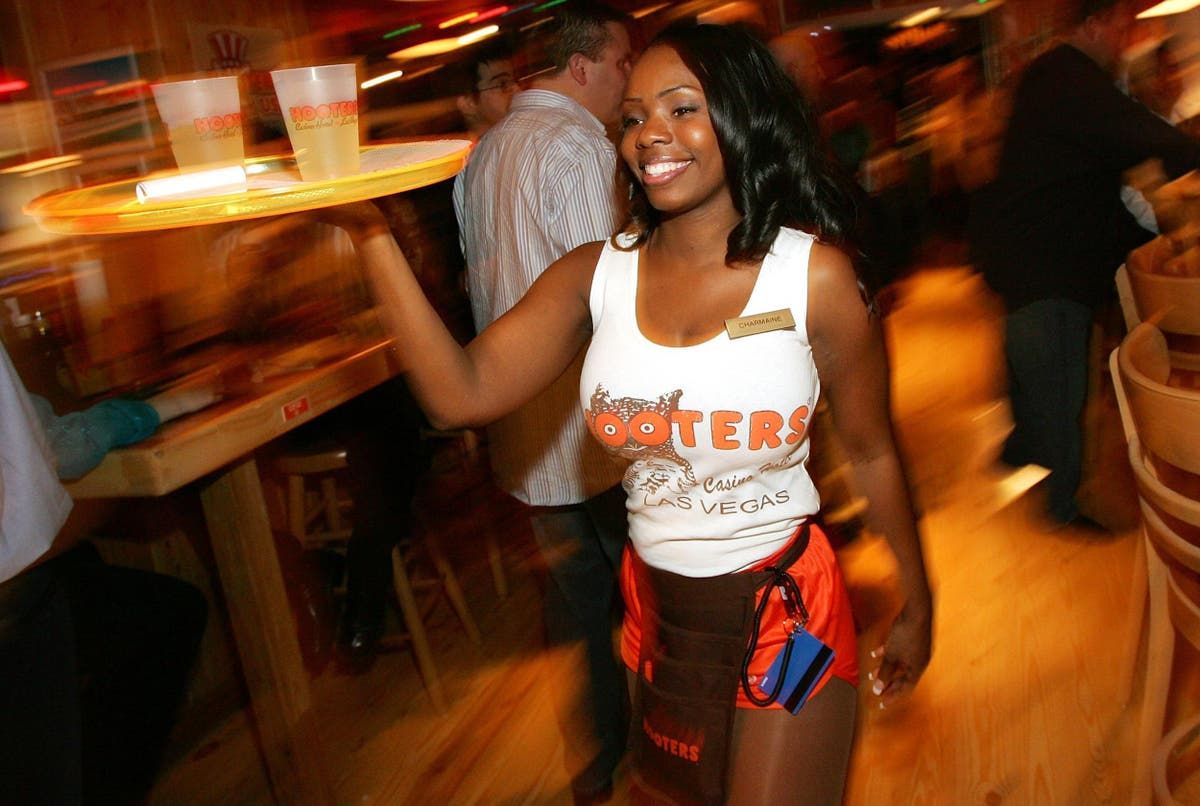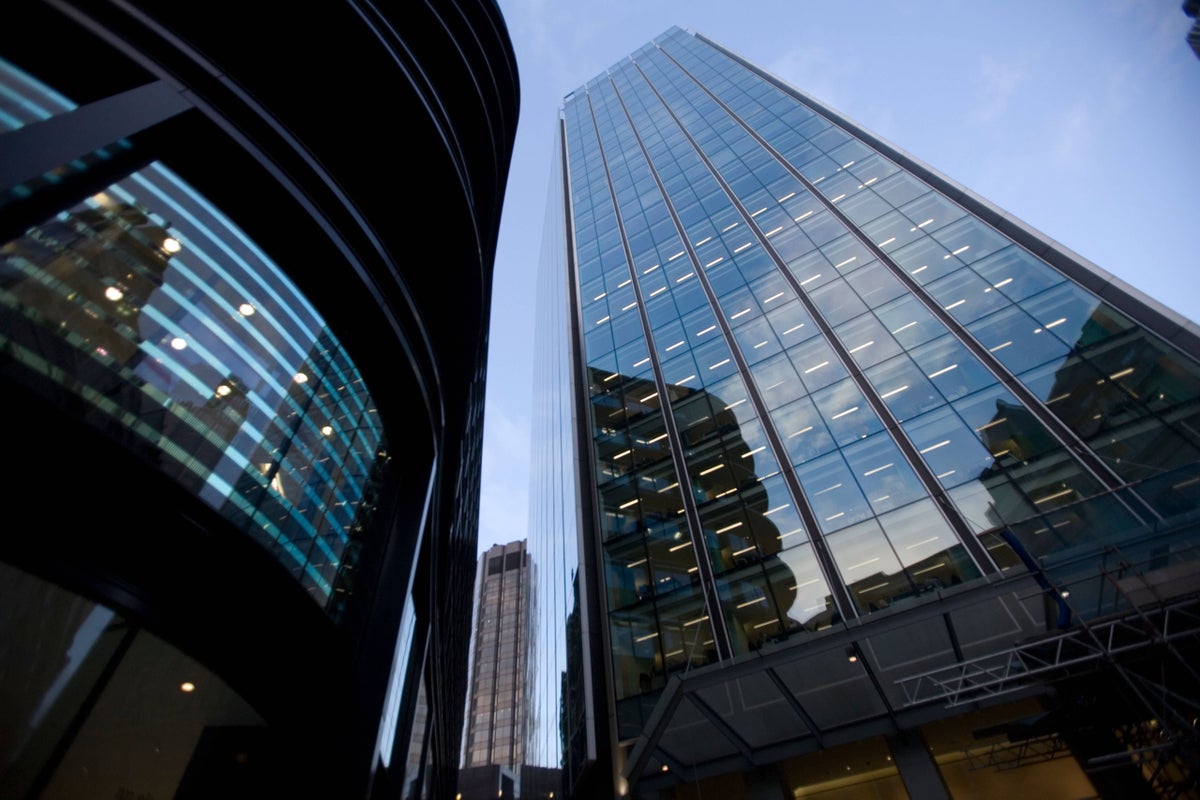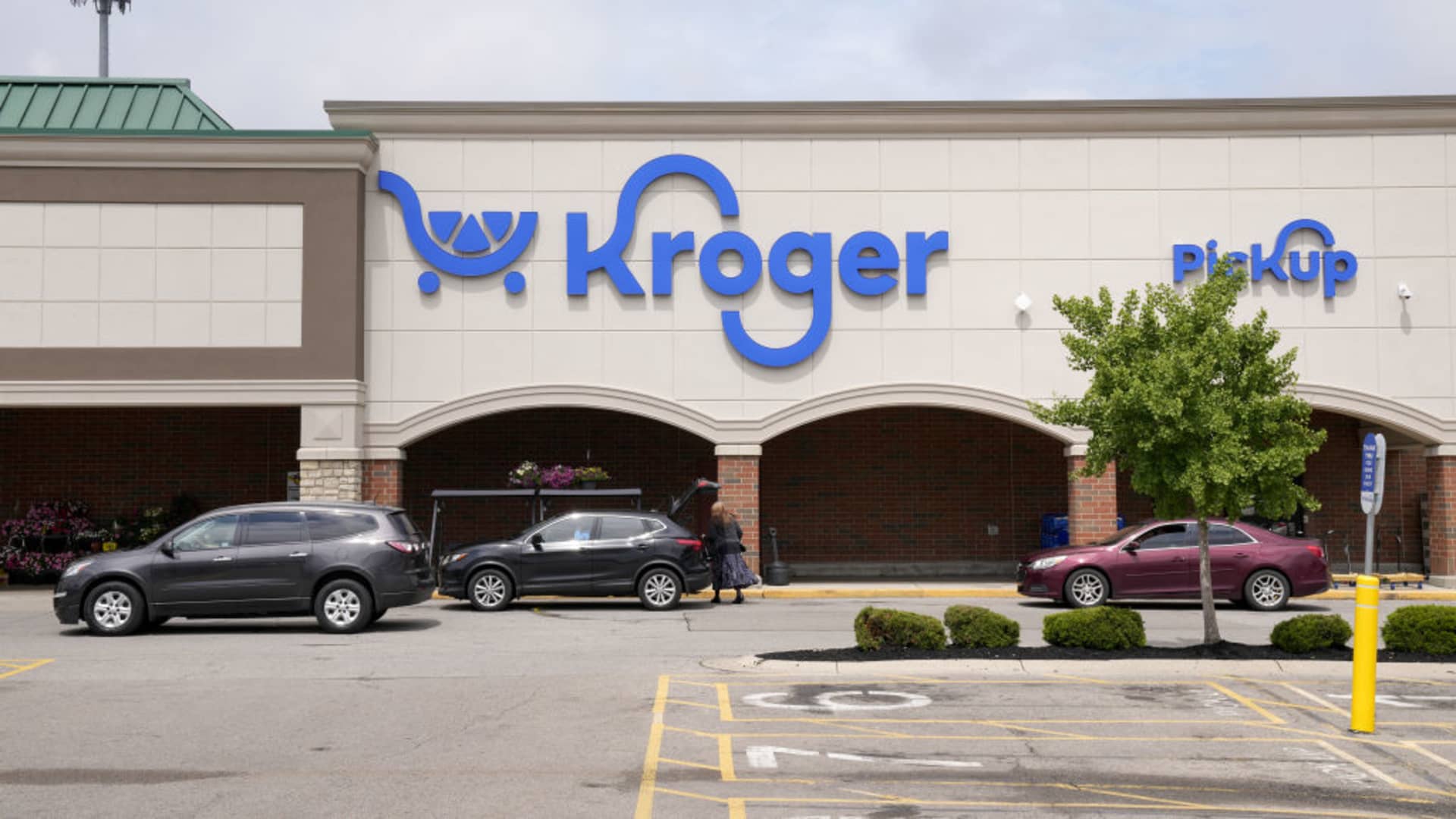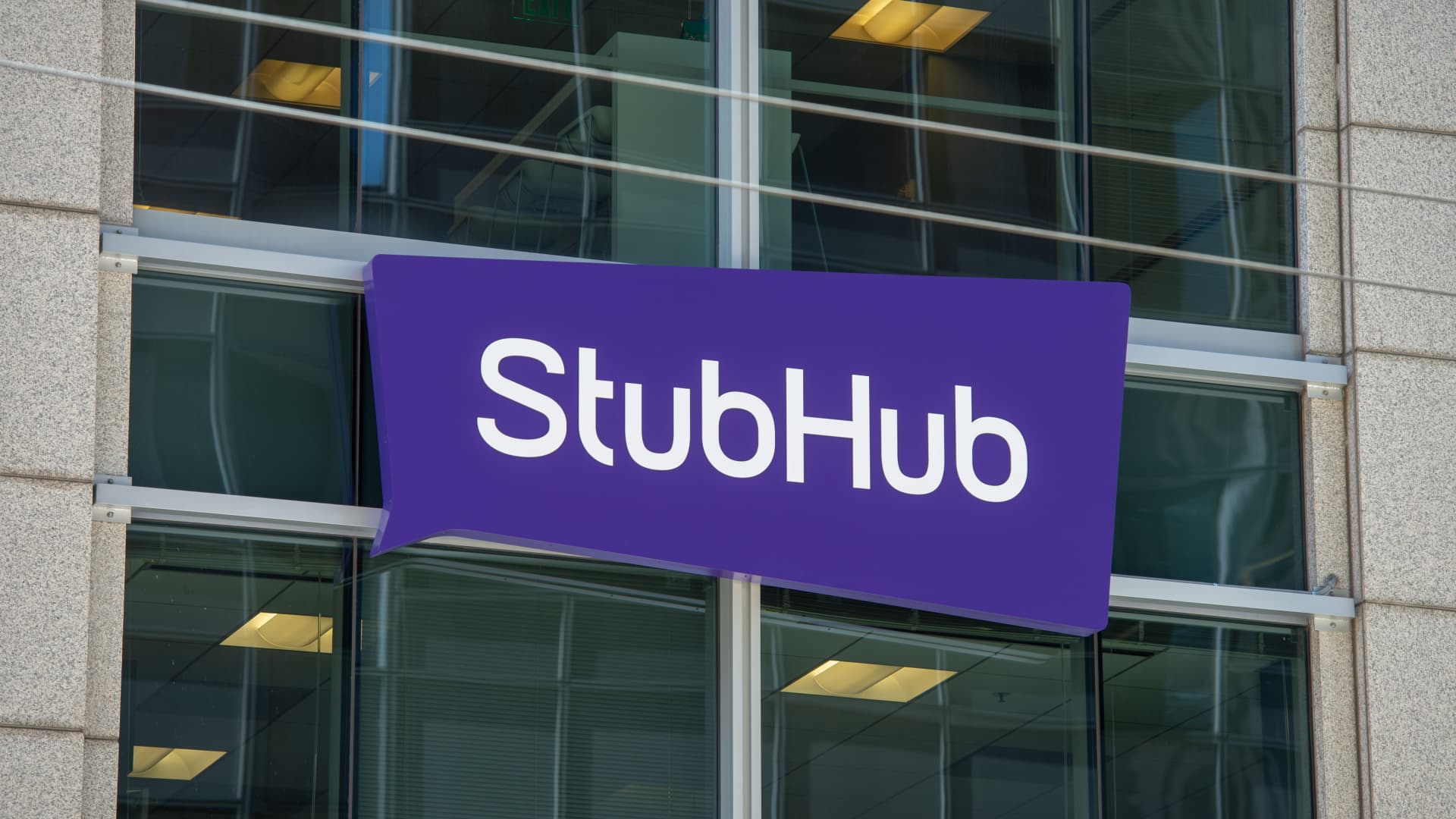Hooters is closing dozens of underperforming restaurants as inflation wreaks havoc on the hospitality industry.
The sports bar-style restaurant chain did not say how many locations are closing or release a list of affected establishments. However, according to local reports, several dozen locations are closing in states including Florida, Kentucky, Rhode Island, Texas and Virginia.
The chain attributed the decision to difficult economic challenges, including rising food and labor costs.
“Like many restaurants under pressure from current market conditions, Hooters has made the difficult decision to close a select number of underperforming stores,” a spokesperson told CNN.
Several locations reportedly closed over the weekend, and others closed in recent weeks, meaning Hooters now has 293 locations worldwide, a decline of nearly 12 percent from 2018, according to the consulting firm. Technomic restaurants.
Despite the closures, Hooters said the 41-year-old brand “remains very resilient and relevant,” pointing to its new line of frozen foods sold in grocery stores and the opening of new restaurants abroad.
“We look forward to continuing to serve our guests at home, on the go, and in our restaurants here in the U.S. and around the world,” the company said.
The closures come at a time when inflation is taking its toll on the restaurant industry, as about a third of all brand-name restaurant chains will end 2023 with fewer locations than they started with, according to National Restaurant News.
Meanwhile, menu prices have increased 0.4 percent at sit-down restaurants, according to the Bureau of Labor Statistics, while fast-food restaurant prices have increased 0.2 percent.
The increases have caused consumers to stop dining out, and census retail sales data shows that restaurant spending has fallen in four of the past six months for the first time since the pandemic began.
A recent survey by consulting group KPMG found that 41 percent of consumers said they plan to spend less at restaurants this summer compared to last summer, and only 21 percent said they would spend more. On average, consumers said they would reduce their monthly spending at restaurants by 9 percent, more than any other category.
“Consumers are tightening their belts a little more as they look for discounts, and even some essential items are being affected,” Duleep Rodridgo, KPMG's U.S. retail and consumer sector leader, said in the study. “We have already seen some retailers lower prices as they look to maintain a balance between their margins and demand.”
Hooters isn't the only restaurant that has been affected by inflation. In May, Applebees said it would close at least 35 locations this year, while seafood restaurant Red Lobster faces bankruptcy.
Rubio's Coastal Grill also closed 48 “underperforming” Mexican grill restaurants in California this month, NRN reported.








